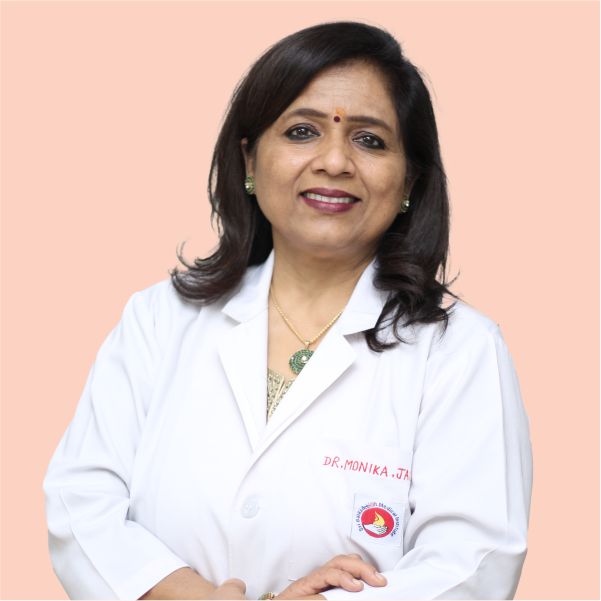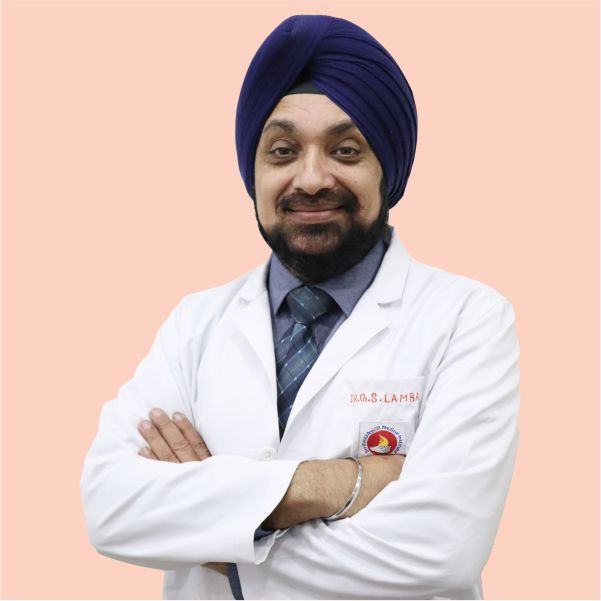Hepatology is the specialized field of medicine dedicated to the study, diagnosis, and treatment of disorders related to the liver, gallbladder, biliary tree, and pancreas. It plays a crucial role in maintaining overall health, as the liver is a vital organ responsible for numerous essential functions in the body. Let us learn more about common liver diseases, diagnostic methods, and treatment approaches.
The Hepatology Department, specializing in the study and treatment of liver-related disorders, offers several key advantages for patients and the healthcare system as a whole:
Call 011-42888888 to book an appointment with a specialist at Sri Balaji Action Medical Institute.

Chief of Gastroenterology & Hepatology

Chief of Gastroenterology & Hepatology

Associate Consultant